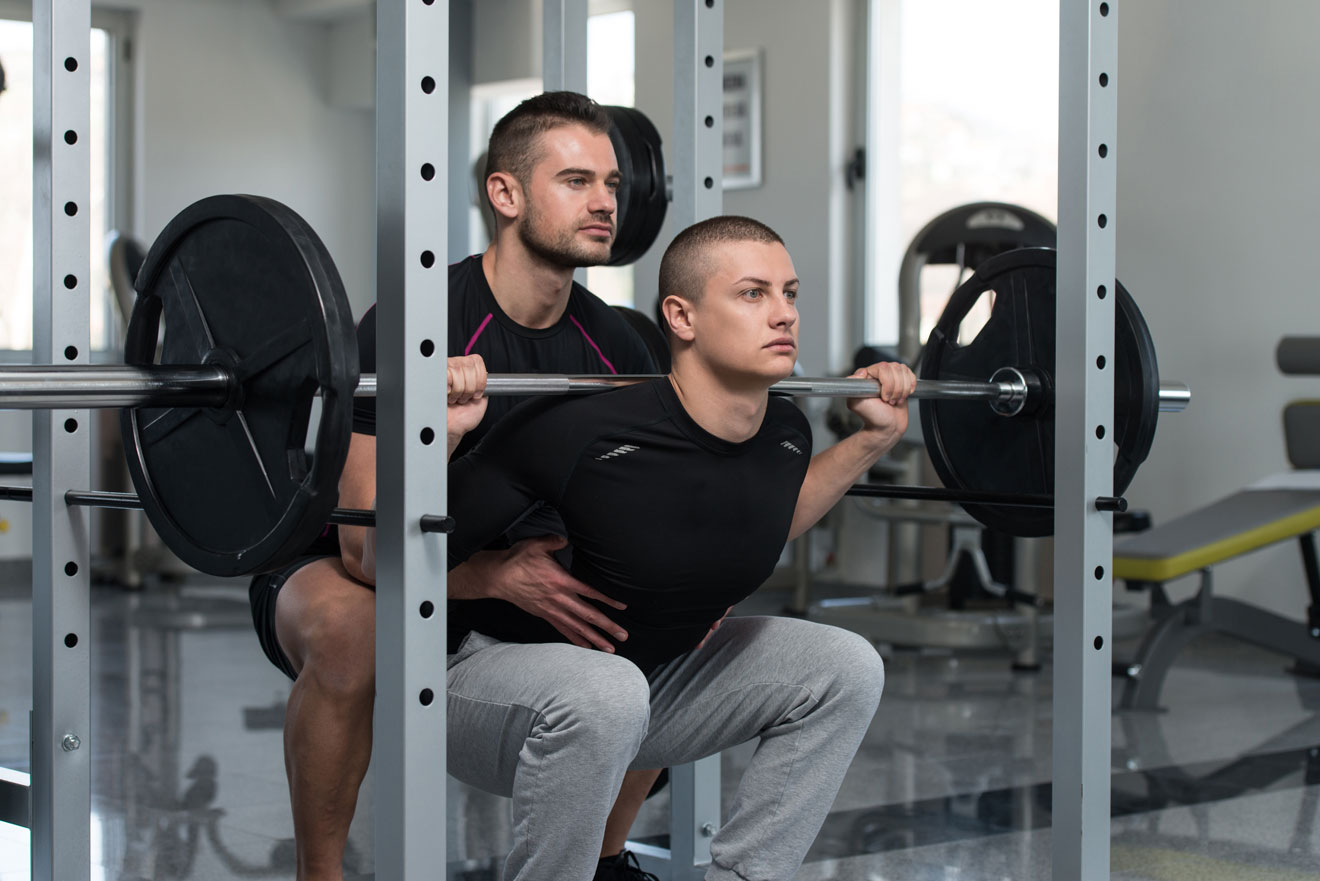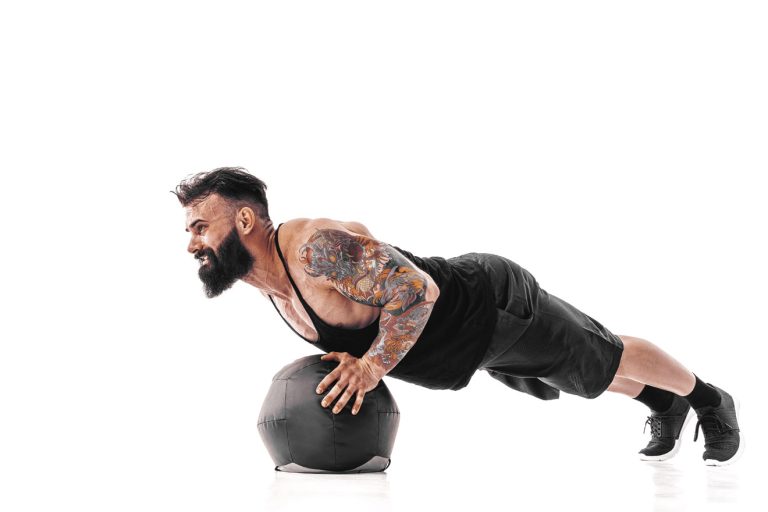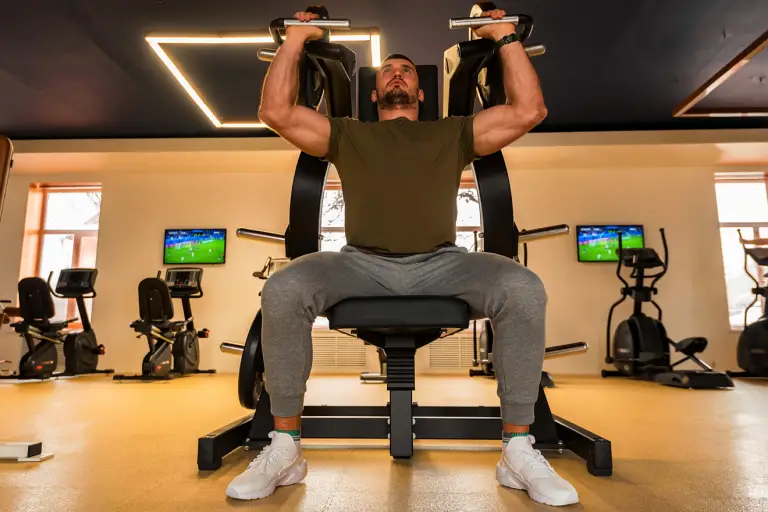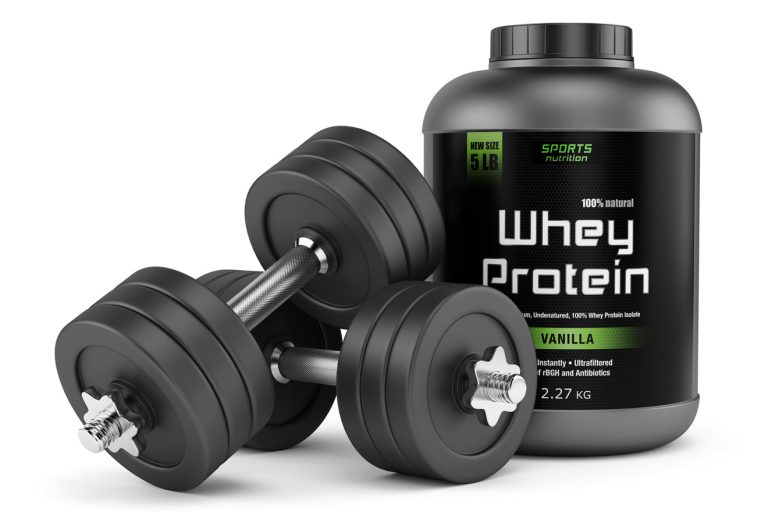New to fitness? Avoid these beginner mistakes
Key takeaways
- Make sure to warm-up and cool-down, before and after you workout, respectively. This reduces your risk for injury.
- Set realistic goals and adjust your workout plan to your body’s needs. Don’t be afraid to take rest days.
- Do not compare yourself to others; instead, ask those more experienced than you or professionals for help and guidance.
- Do not lift heavy right away and do not solely use machines.
- Do not just focus on your workouts but also think about your nutrition.
Beginnings can be difficult
Starting a fitness journey is both exciting and daunting. The gym can be an intimidating place for beginners, filled with unfamiliar equipment, advanced lifters, and complex routines. It’s easy to fall into common traps that can hinder progress, lead to injury, or cause frustration. Understanding these pitfalls and knowing how to navigate them is essential for achieving your fitness goals effectively and safely.
In this article, we will explore some of the most common mistakes made by beginners at the gym and provide actionable tips to help you avoid them. By steering clear of these errors, you’ll set a strong foundation for a successful and sustainable fitness journey.
Neglecting warm-up and cool-down
One of the first mistakes many beginners make is skipping the warm-up and cool-down phases of their workout. These steps are crucial for preparing your body for exercise and aiding recovery afterward.
Warming up helps to increase blood flow to your muscles, raises your heart rate, and enhances your flexibility, reducing the risk of injury. If you are wondering how to warm up, a proper warm-up usually includes dynamic stretches and light cardio activities, such as brisk walking or cycling for 5-10 minutes.
Cooling down, on the other hand, aids recovery and helps prevent dizziness or fainting after an intense workout. This phase usually involves static stretches, allowing your muscles to relax and promoting flexibility.
Overloading with weights too soon
Many beginners are eager to see results and may jump straight into lifting heavier weights without proper form or conditioning. This eagerness can lead to poor technique, increasing the risk of injury and hindering progress.
Instead, focus on mastering the correct form with lighter weights before progressing. It’s essential to establish a solid foundation of strength and technique, which will enable you to lift heavier safely in the future. Start with weights that challenge you while allowing you to maintain proper form, gradually increasing the weight as you become more comfortable.
Following an inflexible routine
Another common mistake is adhering to a rigid workout routine without flexibility. While having a structured plan is beneficial, it’s crucial to adapt and adjust based on your body’s responses and needs.
As a beginner, it’s common to experience muscle soreness and fatigue. Listen to your body and modify your routine accordingly. If you’re feeling overly tired or sore, consider switching to a lower-intensity workout or taking an additional rest day. Allowing your body to recover is essential for progress and helps prevent burnout.
Ignoring nutrition and hydration
Many beginners focus solely on their workouts and neglect the importance of nutrition and hydration. Proper nutrition fuels your workouts and plays a significant role in recovery and muscle growth.
Ensure you’re consuming a balanced diet rich in protein, healthy fats, and carbohydrates to support your energy needs. Incorporating plenty of fruits and vegetables will provide essential vitamins and minerals. Hydration is equally crucial—dehydration can lead to decreased performance and increased fatigue. Aim to drink water before, during, and after your workouts.
Not setting realistic goals
Setting goals is an essential part of any fitness journey, but many beginners make the mistake of establishing unrealistic expectations. Whether it’s aiming for rapid weight loss or trying to lift an impressive amount of weight right away, setting unattainable goals can lead to frustration and disappointment.
Instead, set SMART goals—Specific, Measurable, Achievable, Relevant, and Time-bound. Focus on small, achievable milestones that allow you to celebrate progress along the way. For example, rather than aiming to lose 20 pounds in a month, set a goal to lose 1-2 pounds per week or increase your strength in specific exercises over a few weeks.
Comparing yourself to others
The gym can often feel like a competitive environment, but comparing your progress to that of others can be demotivating and counterproductive. Every individual has a unique fitness journey, and progress will vary based on various factors such as body type, experience, and lifestyle.
Instead of focusing on what others are doing, concentrate on your journey. Track your progress based on your improvements in strength, endurance, and overall fitness. Celebrate your achievements, no matter how small, and remind yourself that fitness is a personal journey.
Skipping rest days
Rest is an often-overlooked aspect of fitness, especially for beginners who are eager to make progress. Many newcomers feel that they need to work out every day to see results, leading to burnout and increased injury risk.
Incorporating rest days into your routine is essential for recovery and muscle growth. These rest days allow your body to repair itself, preventing overuse injuries and ensuring that you come back stronger. Consider scheduling at least one to two rest days each week, allowing for both physical and mental recovery.
Relying on machines only
While gym machines can be beneficial, relying solely on them can limit your progress. Machines often isolate muscles and can lead to muscle imbalances, as they do not require stabilization like free weights do.
Incorporate a variety of exercises into your routine, including bodyweight movements and free weights. Compound exercises such as squats, deadlifts, and bench presses engage multiple muscle groups and promote functional strength. These exercises will help you build a solid foundation and improve your overall fitness.
Failing to seek guidance
Many beginners hesitate to ask for help or seek guidance, which can lead to confusion and potential mistakes. Don’t be afraid to ask for assistance from gym staff or more experienced lifters. Whether it’s learning how to use a specific piece of equipment, perfecting your form, or understanding your workout plan, seeking help can enhance your experience.
Additionally, consider investing in a personal trainer, especially if you’re new to strength training. A trainer can provide personalized guidance, help you develop a tailored program, and ensure that you’re using proper form throughout your workouts.
Embrace the journey
Starting your fitness journey is a significant step, and it’s essential to approach it with a mindset of patience and self-compassion. By avoiding these common beginner mistakes at the gym, you’ll be better equipped to achieve your fitness goals safely and effectively.
Remember that everyone was a beginner once, and it’s normal to make mistakes along the way. Use them as learning opportunities, and focus on progress rather than perfection. With time, dedication, and the right approach, you’ll be well on your way to enjoying a successful and fulfilling fitness journey.
Written with the assistance of AI. Reviewed and edited by: Marielle Livelo.







